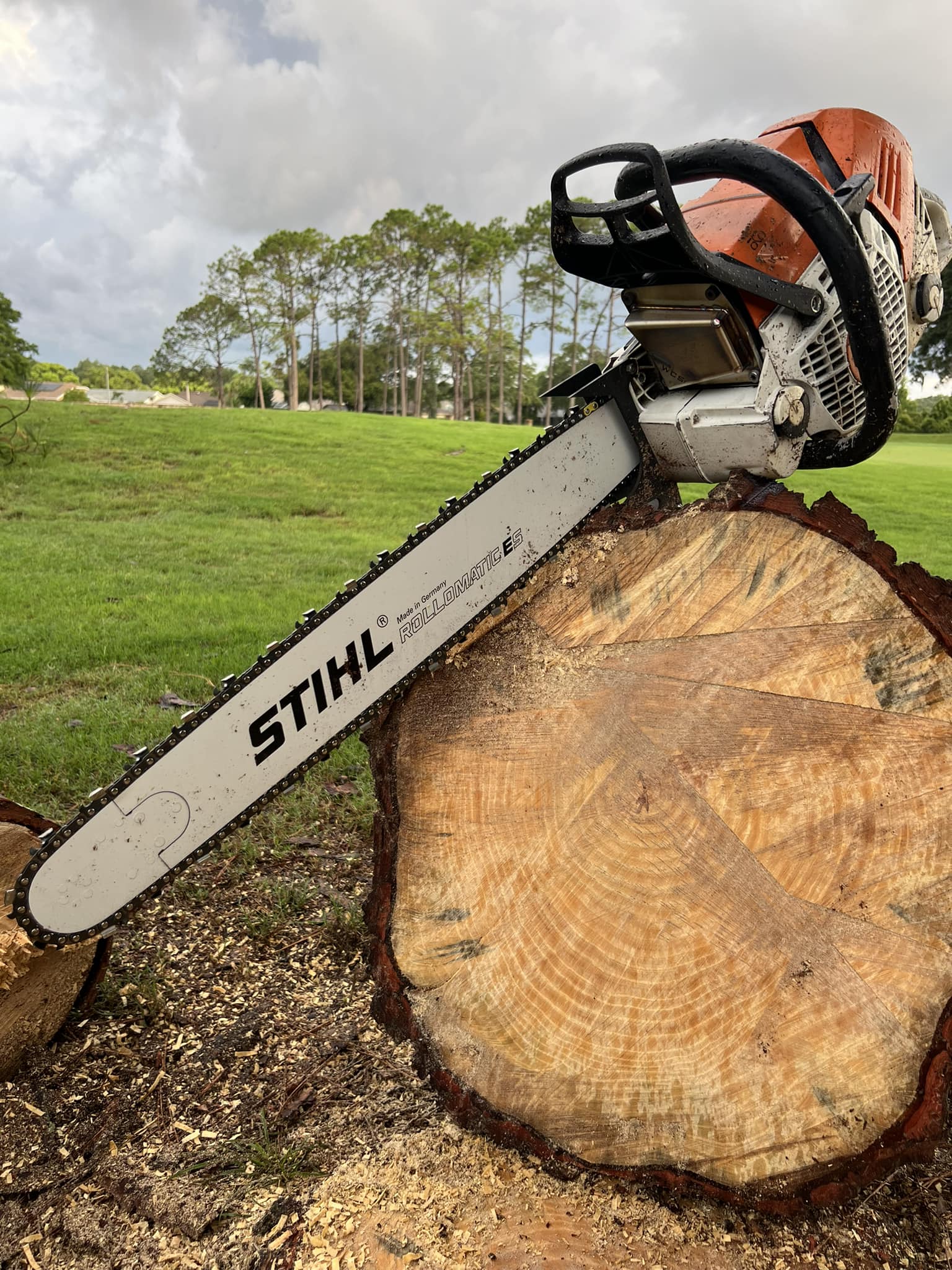
Choosing the Right Tree for Your Property: A Comprehensive Guide Oct 07, 2025
Firstly, consider the purpose of the tree. Are you looking for shade, aesthetic value, fruit, or perhaps wildlife support? Shade trees like the oak or maple can offer cooling shade and a strong structure for decades. If visual appeal is key, flowering trees like dogwoods or cherry blossoms bring seasonal beauty. For fruit, trees like apple and pear not only look ornamental in bloom but also produce delicious yields.
The next factor is to assess your climate and soil type. Most trees thrive under specific conditions, so identify your USDA hardiness zone to understand which species are likely to flourish. Soil type—whether it's sandy, clay, or loamy—also plays a significant role in tree health. A soil test, which you can get through Ryker's Tree Service, reveals nutrient levels and pH, guiding you to make well-informed decisions.
Additionally, think about the mature size of the tree. Many homeowners forget that the small sapling they plant today will grow into a large tree. Consider its height and width at maturity to prevent overcrowding and interference with structures. Planting the right tree involves thinking ahead. If space is limited, consider smaller species like the dwarf Japanese maple or the flowering crabapple.
Maintenance needs are another critical aspect. Some trees require more care than others, necessitating regular pruning, pest management, and fertilization. Be candid about the time and effort you're willing to invest. Low-maintenance trees such as the ginkgo or serviceberry require minimal upkeep while thriving in a variety of conditions.
Moreover, it is important to contemplate local pests and diseases when selecting your tree. Some trees are more susceptible to pests, while others have built some resistance. Discuss options with experts at Ryker's Tree Service, who can recommend tree varieties that are known for their resilience in your area. Planting disease-resistant trees means less worry about infestations and healthier trees for your yard.
Consider the root growth patterns as well. Trees with aggressive roots, like willows or certain types of poplar, can disrupt structures and sewage lines. If planting near buildings or pavements, select trees with non-invasive root systems, such as the Eastern Redbud or the Star Magnolia, to prevent potential damage.
Finally, your budget might also influence your choice. Some trees are more economical, particularly those that have swift growth rates. Fast-growing trees can offer quicker returns in terms of shade and privacy, which include species like the Lombardy poplar or the weeping willow.
Choosing the right tree is a long-term commitment to the health and beauty of your property. Ryker's Tree Service recommends a thoughtful approach, combining personal preferences with environmental conditions, to ensure your trees not only survive but thrive for generations. Whether you're a seasoned gardener or a first-time tree planter, taking the time to plan your tree selection can yield bountiful rewards for your landscape and your peace of mind. Reach out to Ryker's for expert advice tailored to your specific needs, ensuring you make the best choice for your property.
/filters:no_upscale()/media/354144b7-1641-4a09-b4a7-a8f4773e5cdb.jpeg)